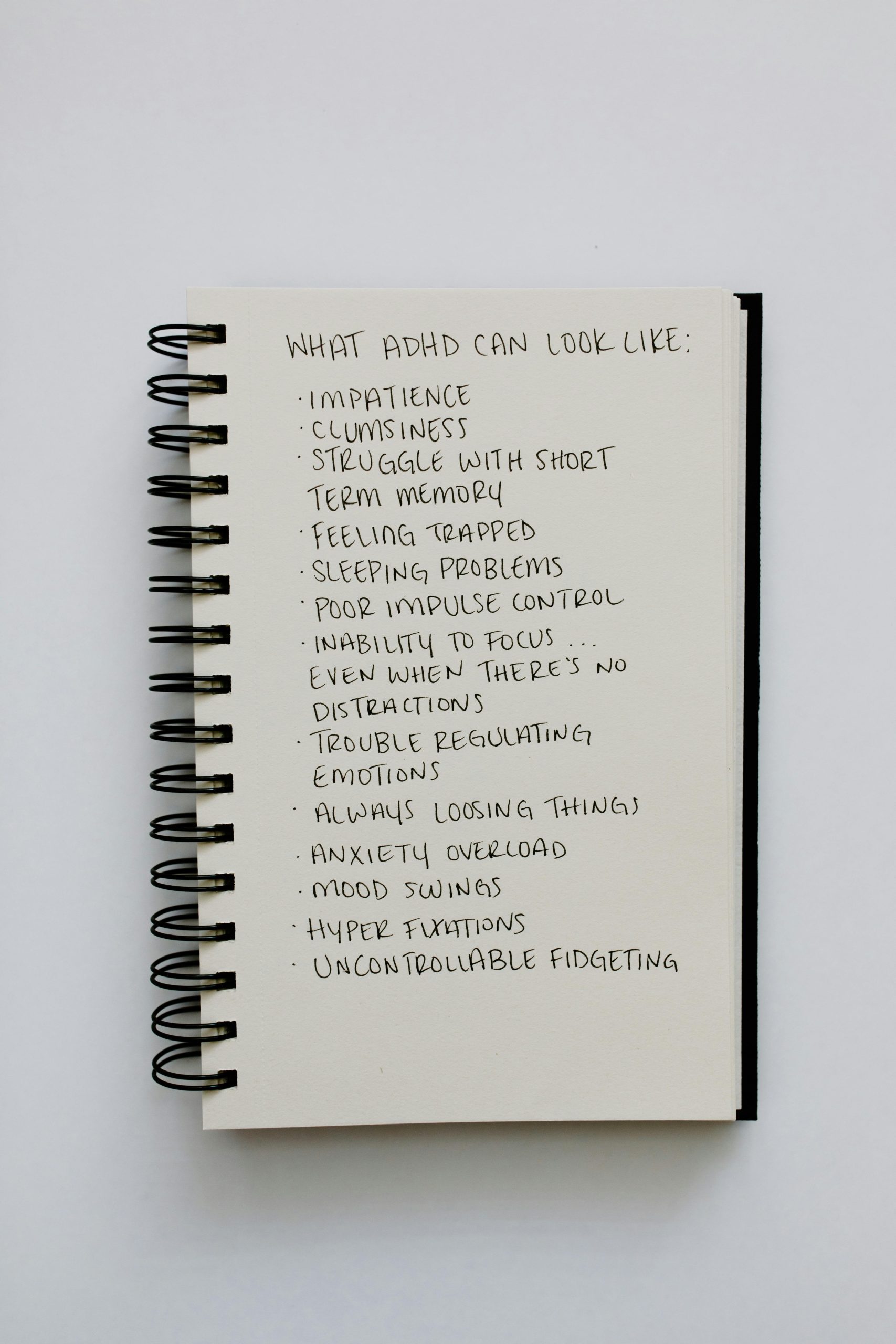Anxiety is a common mental health condition that affects millions of people worldwide. While occasional anxiety is a normal part of life, persistent and overwhelming anxiety can interfere with daily activities, relationships, and overall well-being. Recognizing the signs of anxiety and learning how to manage it effectively can lead to better mental health and a more balanced life. In this article, we’ll explore practical ways to identify anxiety symptoms and provide actionable strategies to manage them.
Understanding Anxiety: Common Symptoms to Watch For
Anxiety manifests in various ways, and symptoms can differ from person to person. However, some common signs can help you identify whether you or someone you know may be experiencing anxiety. These symptoms can be physical, emotional, or behavioral.
Physical Symptoms
- Rapid heartbeat or palpitations
- Shortness of breath or hyperventilation
- Muscle tension or headaches
- Sweating or trembling
- Upset stomach or digestive issues
Emotional Symptoms
- Excessive worry or fear
- Irritability or restlessness
- Difficulty concentrating
- Feelings of impending doom
- Trouble sleeping or insomnia
Behavioral Symptoms
- Avoiding social situations
- Procrastination or difficulty making decisions
- Nervous habits like nail-biting or pacing
- Seeking constant reassurance
If you notice these symptoms persisting for weeks or months, it may be time to seek professional help or implement strategies to manage anxiety.
Effective Strategies to Manage Anxiety
Managing anxiety involves a combination of lifestyle changes, coping techniques, and, in some cases, professional treatment. Here are some proven methods to help reduce anxiety symptoms:
Practice Mindfulness and Meditation
Mindfulness and meditation can help ground you in the present moment, reducing excessive worry about the future. Techniques like deep breathing, guided imagery, and progressive muscle relaxation can calm the nervous system.
Exercise Regularly
Physical activity releases endorphins, which are natural mood boosters. Even a 30-minute walk can help alleviate anxiety symptoms by reducing stress hormones and improving overall well-being.
Maintain a Healthy Diet
What you eat can impact your mental health. Avoid excessive caffeine, sugar, and processed foods, which can exacerbate anxiety. Instead, focus on a balanced diet rich in fruits, vegetables, lean proteins, and whole grains.
Limit Alcohol and Caffeine
Both alcohol and caffeine can worsen anxiety symptoms. While alcohol may provide temporary relief, it can disrupt sleep and increase anxiety in the long run. Caffeine, on the other hand, can trigger or heighten nervousness.
Establish a Sleep Routine
Poor sleep can contribute to anxiety, and anxiety can make it harder to sleep. Create a consistent bedtime routine, limit screen time before bed, and ensure your sleep environment is comfortable and relaxing.
When to Seek Professional Help
While self-help strategies can be effective, some cases of anxiety require professional intervention. Consider seeking help if:
- Your anxiety interferes with daily life or relationships
- You experience panic attacks or severe physical symptoms
- You rely on substances to cope with anxiety
- You have thoughts of self-harm or suicide
Therapies like Cognitive Behavioral Therapy (CBT) and medications prescribed by a psychiatrist can be highly effective in managing chronic anxiety. Don’t hesitate to reach out to a mental health professional if needed.
Building a Support System
Having a strong support network can make a significant difference in managing anxiety. Surround yourself with people who understand your struggles and can offer encouragement.
Talk to Trusted Friends or Family
Opening up about your feelings can relieve emotional burden. Sometimes, just voicing your concerns can provide clarity and comfort.
Join a Support Group
Connecting with others who experience similar challenges can reduce feelings of isolation. Many communities and online platforms offer anxiety support groups where you can share experiences and coping strategies.
Consider Professional Counseling
Therapists and counselors can provide personalized strategies to manage anxiety. They can also help you identify triggers and develop healthier thought patterns.
Conclusion
Anxiety is a manageable condition, and recognizing its symptoms is the first step toward better mental health. By incorporating mindfulness, exercise, a balanced diet, and a strong support system, you can reduce anxiety’s impact on your life. If self-help methods aren’t enough, professional help is always available. Remember, taking care of your mental health is just as important as caring for your physical health. Start small, be patient with yourself, and seek help when needed—your well-being is worth it.
